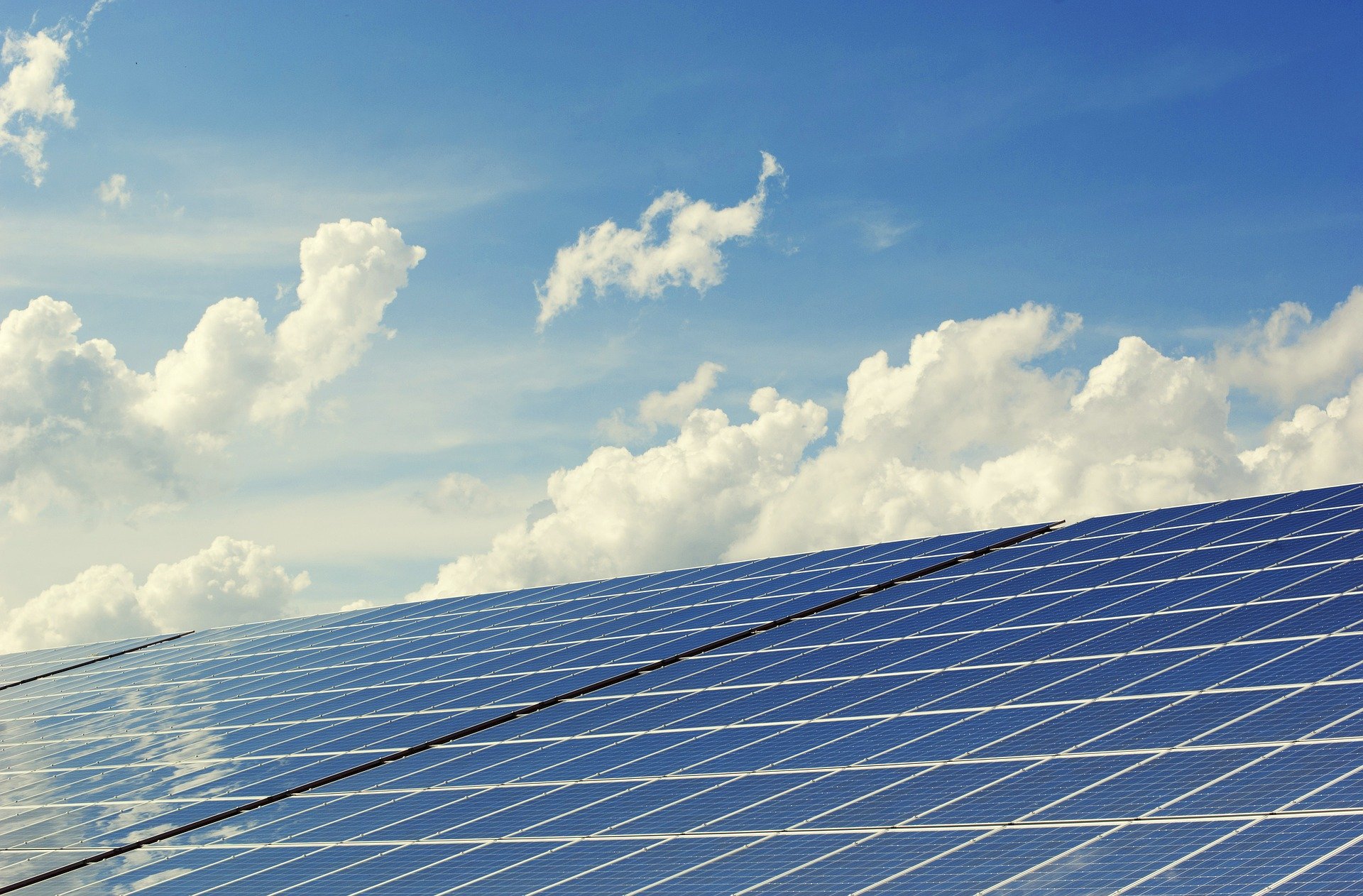Blockchain Plays Leading Role in Germany’s Renewable Energy Evolution
Germany’s renewable energy push is taking shape as the nation abandons coal and nuclear-based energy generation. The country has set itself the target of 2022 for the decommissioning of all nuclear-based electricity production. All coal-based energy production will face the same fate by 2038. This has helped various renewable energy companies come into play to fill the gap developed by this shift. So, where does blockchain come into play in this push for renewable energy? The underlying technology behind blockchain, the Distributed Ledger Technology (DLT), increasingly becomes the basis for various systems produced in Germany’s push for advanced renewable energy.
Greentech Energy Companies and the Use of Blockchain
Greentech energy startup, like Lition, works a blockchain-powered marketplace where consumers can choose any energy provider. As the Germans call the energy transition or the Energiewende, it is transforming the pattern of energy production from a national level to more of the regional or local level. The present slightly centralized power infrastructure may not be sufficient for energy production, including a considerable amount of biomass, wind, solar energy, and other low energy-producing stations.
There is a clear requirement to shift away from a more centralized unit of energy production to a decentralized one. For a smother shift to decentralized power production, blockchain can verify extremely beneficial. The belief is that blockchain can promote less dependence on the power grid, and neighborhoods can move towards self-sufficiency. As energy consumption increases and more appliances and devices become part of daily activities. It is becoming important that people have clear and simple access to energy, which will be brought about by the decentralization of power production supported by blockchain.
Germany’s Attitude towards Blockchain
The environmental setting in a nation is often one of the determinate of how fast blockchain is utilized and implemented over various industries. In Germany, the attitude towards blockchain is frequently positive, with the hotspot for Berlin’s blockchain activities. Germany even has its national blockchain strategy, which was launched in September 2019. This is reassuring for blockchain projects such as blockchain-based energy platforms. Nevertheless, there are still legal gray areas considering an operation. However, generally, the German government has shown severe interest in examining blockchain.
Germany’s Blockchain-Based Renewable Energy Platform
As discussed earlier, various blockchain-powered energy platforms spring up in Germany as the nation embarks on energy transition. We are starting to view companies like Lition, Wasserkraft Mittelrhein come into the energy scene. These companies are welcoming the blockchain solution in offering energy trading services to customers.
On the global stage, we see companies such as Vodafone and Energy Web striking a collaboration to bring blockchain solutions to energy production. This sort of association will see DLT link with IoT to offer a secure identity for renewable energy assets such as wind turbines, solar panels, heat pumps, and batteries.
Stay informed with daily updates from Blockchain Magazine on Google News. Click here to follow us and mark as favorite: [Blockchain Magazine on Google News].
Get Blockchain Insights In Inbox
Stay ahead of the curve with expert analysis and market updates.
latest from tech
Disclaimer: Any post shared by a third-party agency are sponsored and Blockchain Magazine has no views on any such posts. The views and opinions expressed in this post are those of the clients and do not necessarily reflect the official policy or position of Blockchain Magazine. The information provided in this post is for informational purposes only and should not be considered as financial, investment, or professional advice. Blockchain Magazine does not endorse or promote any specific products, services, or companies mentioned in this posts. Readers are encouraged to conduct their own research and consult with a qualified professional before making any financial decisions.

 Bitcoin
Bitcoin  Ethereum
Ethereum  Tether
Tether  XRP
XRP  Solana
Solana  Dogecoin
Dogecoin  USDC
USDC  Lido Staked Ether
Lido Staked Ether  Cardano
Cardano  TRON
TRON  Avalanche
Avalanche  Chainlink
Chainlink  Toncoin
Toncoin  Wrapped stETH
Wrapped stETH  Shiba Inu
Shiba Inu  Sui
Sui  Wrapped Bitcoin
Wrapped Bitcoin  Hedera
Hedera  Stellar
Stellar  Polkadot
Polkadot  WETH
WETH  Bitcoin Cash
Bitcoin Cash  Hyperliquid
Hyperliquid  LEO Token
LEO Token  Uniswap
Uniswap  Litecoin
Litecoin  Pepe
Pepe  Wrapped eETH
Wrapped eETH  NEAR Protocol
NEAR Protocol  Ethena USDe
Ethena USDe  Aave
Aave  USDS
USDS  Aptos
Aptos  Internet Computer
Internet Computer  POL (ex-MATIC)
POL (ex-MATIC)  Cronos
Cronos  Mantle
Mantle  Ethereum Classic
Ethereum Classic  Render
Render  Bittensor
Bittensor  MANTRA
MANTRA  WhiteBIT Coin
WhiteBIT Coin  Monero
Monero  Artificial Superintelligence Alliance
Artificial Superintelligence Alliance  Dai
Dai  Arbitrum
Arbitrum  Filecoin
Filecoin 



